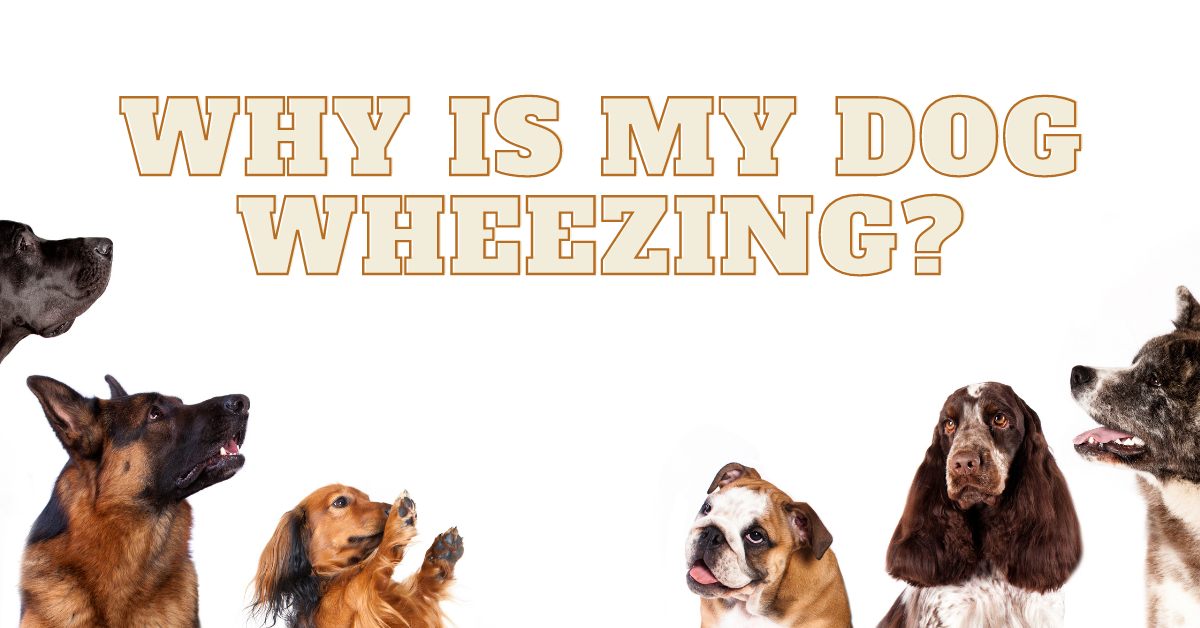


Dog wheezing refers to the condition when your dog makes a whistling sound when exhaling. This situation mostly happens when there is an issue with the trachea or an obstruction in the windpipe. Allergy is also one of the common reasons for dog wheezing, but please do not take it for granted.
If you’d rather listen to this blog, just click play on the YouTube video below:
There were many cases when the pet parents thought that the wheezing was because of an allergy, but the dog was suffering from some other reason. You must consult a vet immediately to help your pet stay safe from the chronic and painful reasons causing dog wheezing.
An explanation of the most common reasons for dog wheezing will help you identify the cause and take corrective measures accordingly.
6 Most Common Causes Of Dog Wheezing

Let’s explore some of the most common reasons that induce dog wheezing. All of the reasons and resulting wheezing might not be extremely troubling. But you need vet advice and vet care in almost all of them:
#1 Foreign Body in the Windpipe
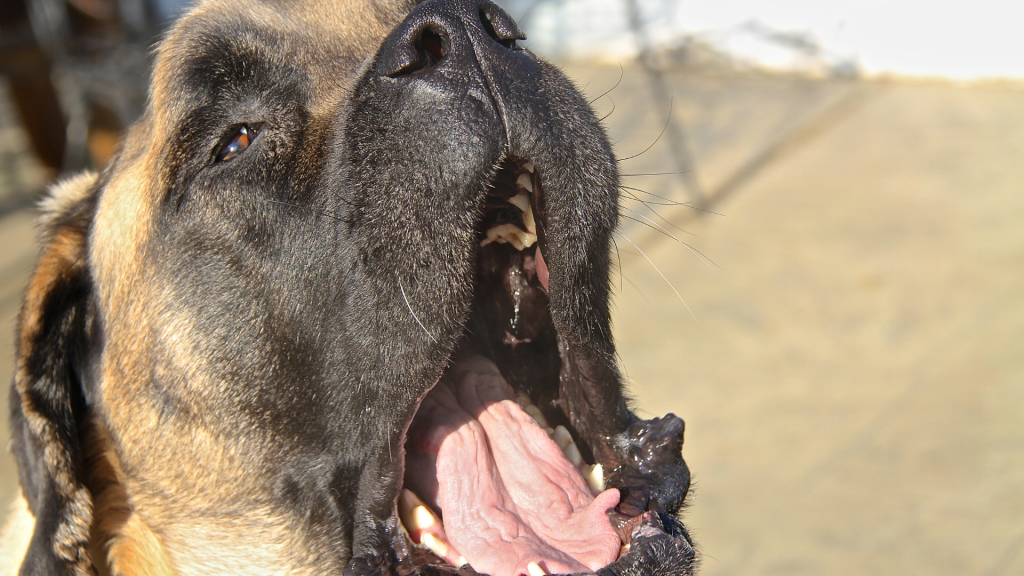


This wheezing occurs when there is a foreign body in the trachea or windpipe. The foreign body could be a small fragment of a toy, stick, grass, or anything your dog has happened to come by. Most of the time, when the dog plays with an object and gets overexcited, this is the time to be cautious.
Puppies are more likely to suffer from this reason to develop severe wheezing. If you do not take your dog to the vet in time, the resulting infection and obstruction could hamper the dog’s longevity and quality of life. Always keep the house puppy safe and remove the objects from their reach that could cause wheezing.
#2 Allergies



Not every dog suffers from wheezing because of allergies. This phenomenon is most common among dogs with short faces. If you have a dog with a small snout, you must be aware that it is highly likely for your dog to suffer from wheezing in the allergy season. Some dogs with big snouts can also suffer from wheezing because of pollens.
When the pollen count is optimum, you should limit outside trips to a bare minimum. Pollen is not the only thing your dog can be allergic to. There could be various things that can make your dog suffer from wheezing and allergy; take a closer look at the environment when the dog starts wheezing and remove the allergens to keep them safe from the menace.
#3 Bronchitis
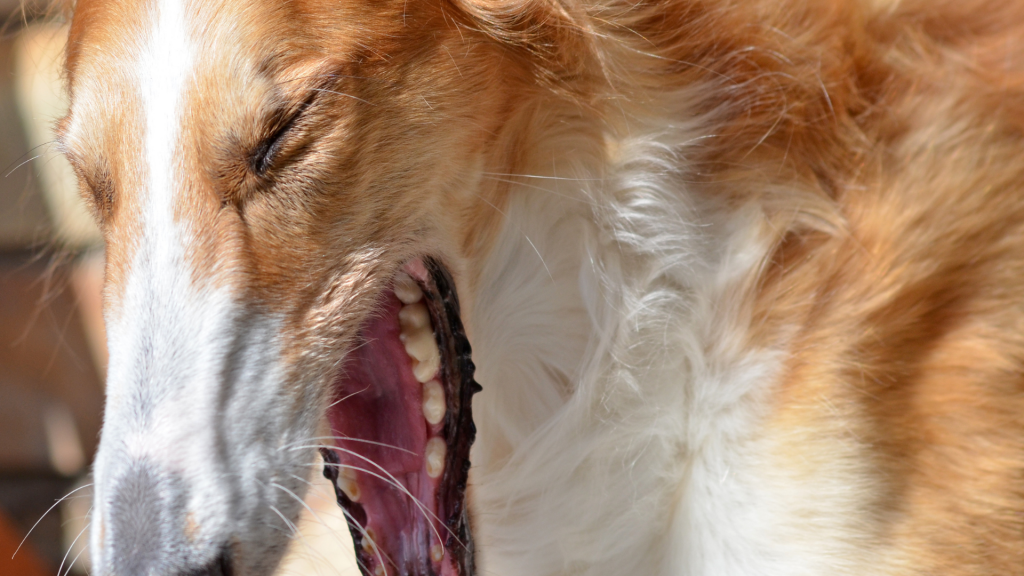


Canine bronchitis is a disease where the lower area of bronchitis is affected, making it difficult to breathe. The dog suffers from lack of oxygen, pain, and lethargy because of this issue. There could be many reasons for such a painful condition, but the resulting wheezing will affect your dog badly.
In bronchitis, the mucous makes the dog cough frequently to clear the air passage. The dog will need your care and a vet visit to start breathing normally. Canine bronchitis mostly affects dogs in winter, and you must provide extra care to your beloved pet.
#4 Collapsed Trachea



Wheezing is not the only thing that is a resulting symptom of collapsed trachea. When your dog suffers from loose cartilage muscle, the windpipe will collapse and make it difficult for the dog to breathe. Contrary to common belief, this disease is not limited to only senior dogs.
A puppy or young adult dog can also suffer from the collapsed trachea and resulting dog wheezing. These are the signs of a collapsed trachea when you see your dog wheezing, suffering from a honking cough, and having difficulty breathing. Take your dog to the vet immediately to provide complete medication and proper care.
#5 Heartworms
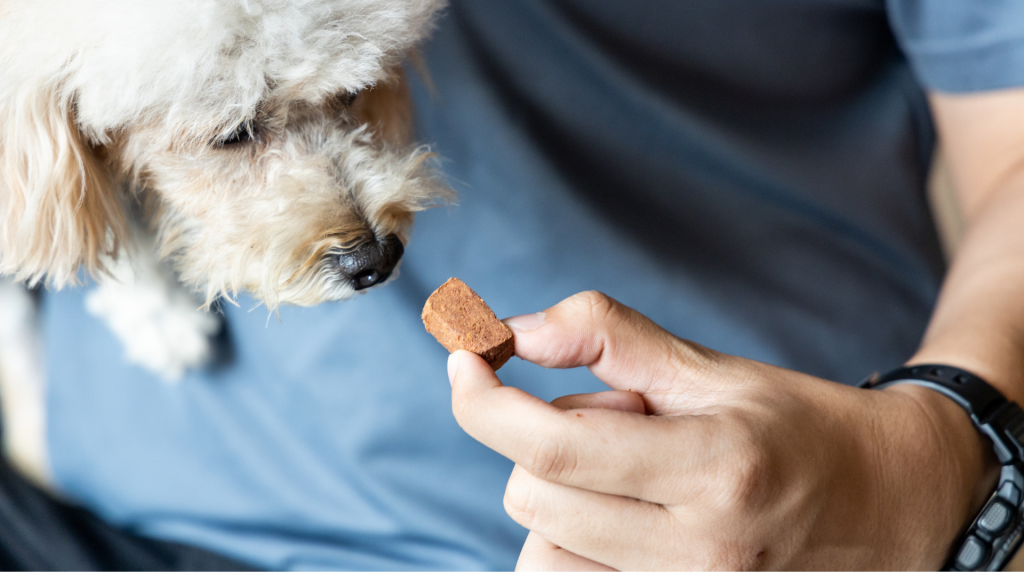


Heartworms cause different symptoms, and the resulting damage will make it difficult for your dog to live a quality life. But when the number of these worms increases, they travel in the body to other vital organs. When these worms affect the lungs, your dog will start wheezing and suffer from severe difficulties.
You can take your dog to the vet and save a life. But when you see a dog wheezing because of heartworm, according to experts, your dog can never be normal again. However, you can provide good care, medication, and follow vet advice to help them breathe fully and enjoy life.
#6 Nasal Mites
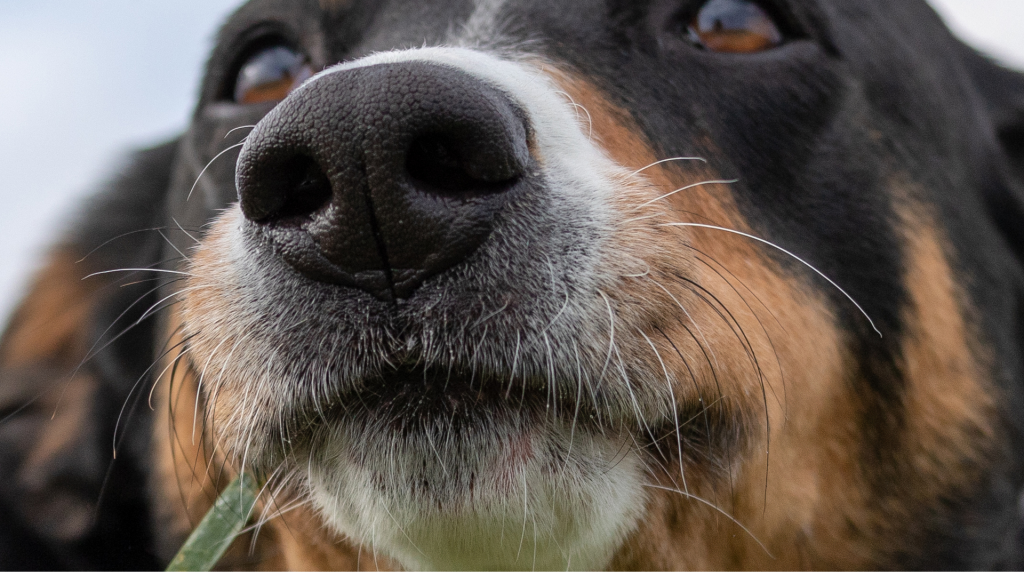


This condition is less troublesome than heartworms, but nasal mites can make it difficult for dogs to breathe and live normally. When you see your dog wheezing, you must monitor their behavioral changes to know the symptom and find out the real reason behind it. Dog wheezing is not always because of an allergy or obstruction.
This is your cue when you see your dog wheezing and rubbing the nose and snout on the furniture or floor. Take the dog to the vet and show the video of the symptom if you have made one or tell them every detail. A checkup will ensure the presence of mites, and medicine will take care of the rest.
Things to Do When You See Your Dog Wheezing
The following actions will help your dog breathe without maximum discomfort:
- Remain calm and try to keep your dog as comfortable as possible.
- Take your dog to a ventilated area but do not go outside the house if it is pollen season.
- Try to remove the triggering factors from the environment (food, new toys, dirty blankets, etc.).
- Make a video of your dog; it will help your vet understand the condition fully.
- Go to the vet right away because you never know how traumatic the causing factor could be.
If you have a short-faced pup, a little bit of dog wheezing may be normal. If the condition seems worse than normal, you will need to consult your vet.
Your Dog Wheezing Could Signify a Much More Serious Issue



When you see your dog wheezing, you must take corrective measures immediately. The first step should be to take the dog to the ventilated area and remove any causing factors.
Dog wheezing itself is not a disease. Rather it is a symptom that something bad is going on in their body. You need a vet recommendation to start medication and environmental changes to keep the dog safe from the menace.
Sometimes a vet-prescribed change in the diet will also remove the wheezing and make your dog happy and healthy pet once again.
If you have non-emergency questions or concerns regarding your pup or any other animal, you can schedule an online consultation with Dr. Saba Afzal below.
(Keep in mind: Avenue Dogs is reader-supported. When you buy through links on our site, we may earn an affiliate commission (with no additional cost to you)).



Dr Saba Afzal is a clinical veterinarian and a professional content writer. I am determined to disseminate ideas worth spreading to pet owners everywhere around the world. As an experienced veterinarian, I am dedicated to delivering accurate and updated knowledge to pet owners
I have more than five years of experience in content writing on different online platforms, including Fiverr, Upwork, and Guru. My expertise is in Microbiology, Biotechnology, Pets Animal Management and handling, and training. You will find my content truly fascinating, unique, and compatible with the world’s standards. I always write original content without any plagiarism and taking care of any grammatical errors.
I will be happy to address your queries and comments. Contact me here
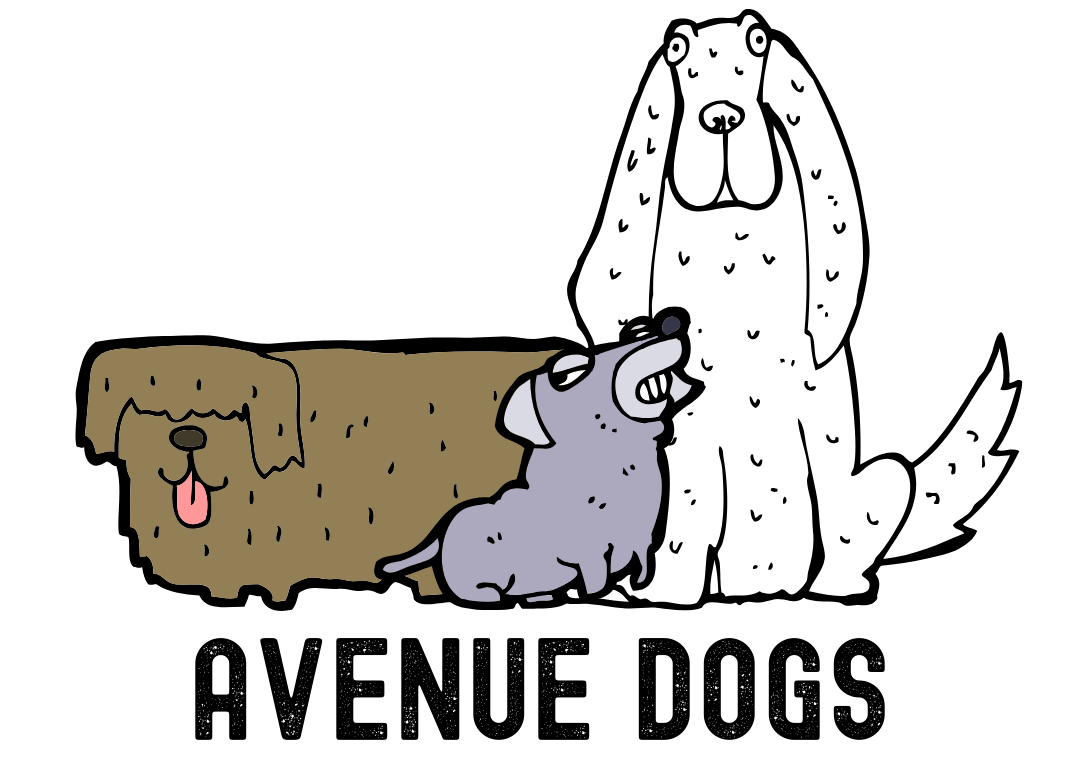
2 Comments